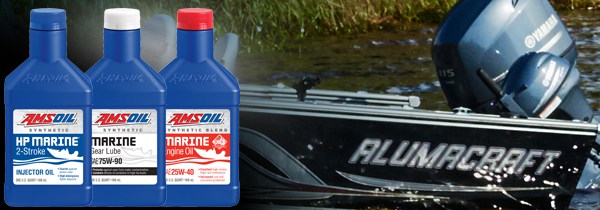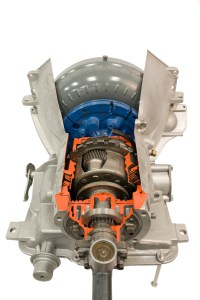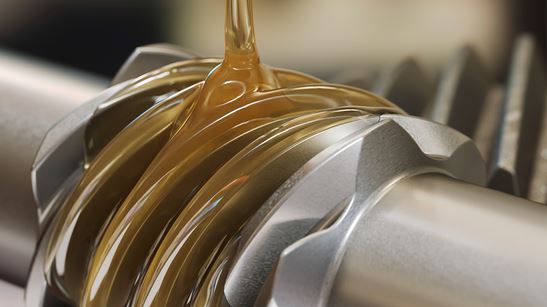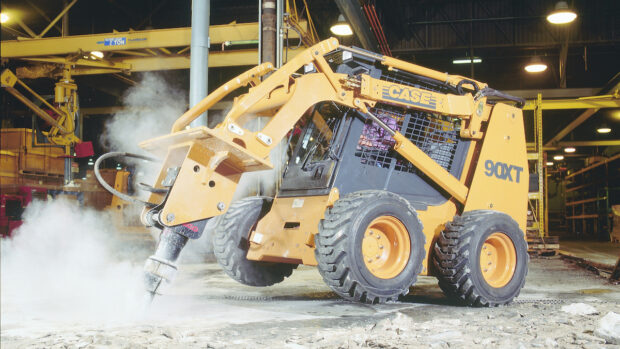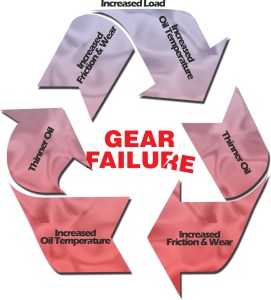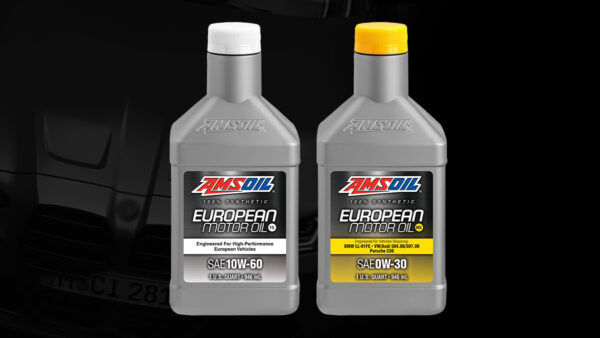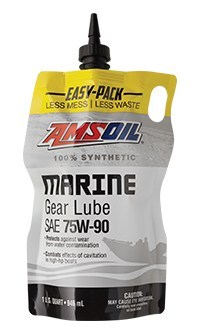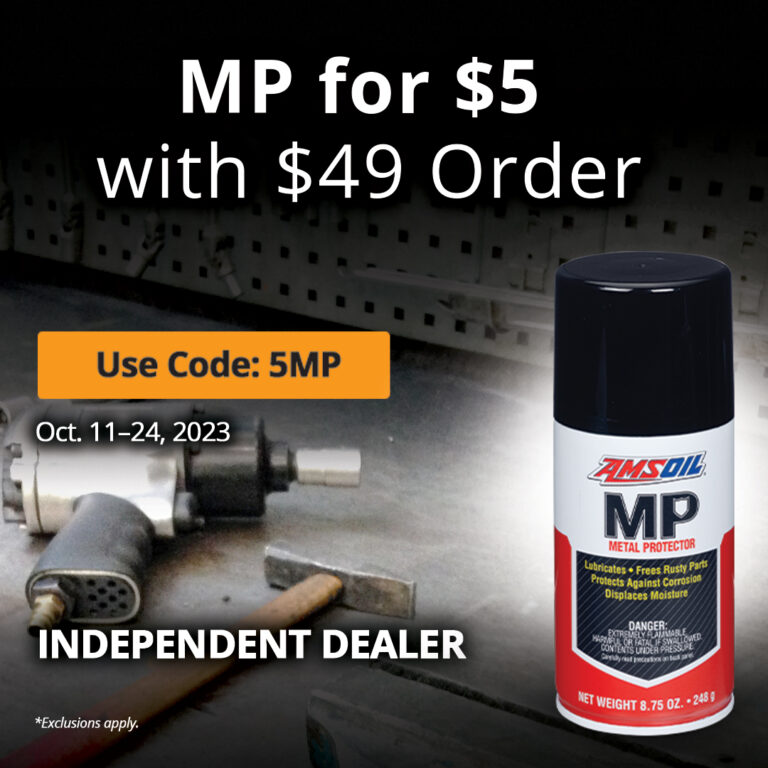How to Maximize Marine Engine Performance and Reliability
Fishing opener is right around the corner for us Northlanders. It’s essentially a regional holiday, rivaled only by the opener of gun deer season in the fall.
Although some boaters and anglers don’t realize it, using a dedicated marine motor oil is vital to protecting marine motors for a few reasons:
• Severe operating conditions
• Exposure to rust and corrosion
• Fuel dilution
Demanding operating conditions
Marine motors are characterized by high-rpm operation that can shear the molecular structure of oil and reduce its ability to protect against wear. On average, a marine motor propelling a boat 30 mph operates at 5,000 rpm, while an automotive engine powering a car 60 mph operates around 2,000 rpm. The added heat and stress invite wear and deposits. Heavy deposits can cause piston rings to stick, leading to compression loss and reduced power. Stuck rings can also lead to catastrophic piston scuffing.
Rust and corrosion lead to wear
Marine motors are constantly exposed to humid air. The moisture the motor ingests increases the likelihood of corrosion compared to automotive engines. Water-cooled marine motors also run at lower temperatures than air-cooled engines, so moisture in the oil doesn’t evaporate as readily. Plus, when the motor is shut down for the day, moist air continues to enter the engine as it cools, increasing the risk for corrosion, especially if the oil doesn’t contain anti-corrosion inhibitors.

Fuel can contaminate the oil
Outboard motors typically use lake or river water for cooling. When you start the motor, it immediately draws cold water into the cooling system and circulates it throughout the motor. Compared to an engine with a closed cooling system, meaning one that uses a radiator and coolant, it takes longer to warm-up. A colder engine prevents the rings from sealing completely. More clearance between the ring and cylinder wall allows fuel to leak into the oil sump of four-stroke engines, diluting the oil and reducing its ability to protect against wear. So let your marine motor warm up. Big deal really.
Use a marine-specific engine oil
Seriously man, if you own one of these four-stroke engines, make sure the oil you use is formulated to withstand the increased stress of high-rpm running. And use an oil designed to guard against rust and corrosion. Auto/light truck oils typically don’t contain sufficient rust and corrosion inhibitors for marine engines. OEM brands don’t either if you can believe it. Ask them and they won’t even know what you are talking about.
For two-stroke engines, wear protection and engine cleanliness are key. Oils with inadequate detergency can allow deposits and ring sticking, which robs your engine of power. Today’s engines run hotter than their predecessors, so using an oil that delivers excellent wear protection is also vital.
AMSOIL formulates a full line of marine lubricants, including new AMSOIL 25W-40 Synthetic-Blend Marine Engine Oil. To find the correct lubricant for your application, consult our Product Guides.


